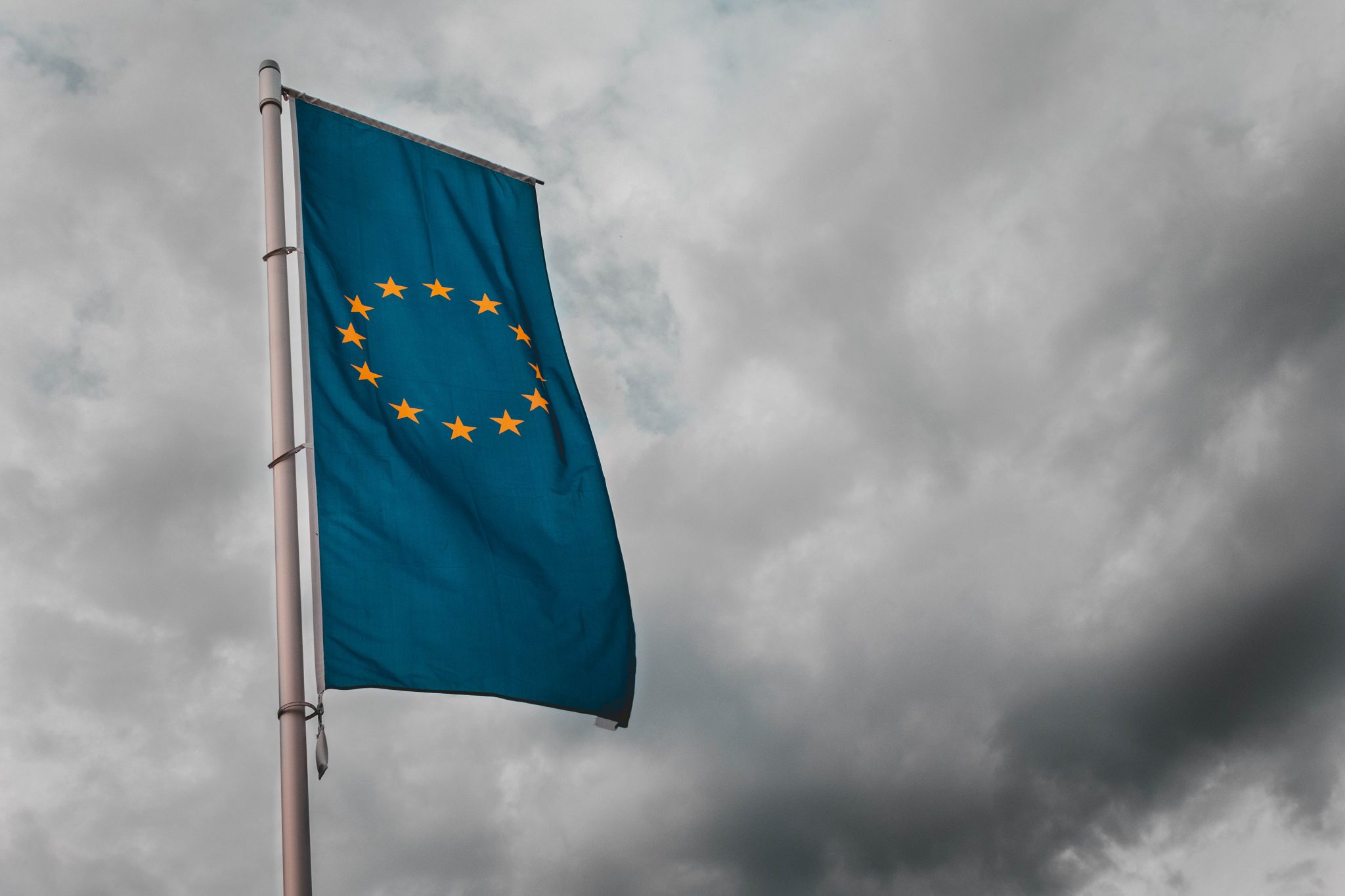
by George Turner | Jun 6, 2020
On 04 June the Bank of England published the names of 53 companies that had outstanding loans under the UK government’s Covid Corporate Financing Facility. The list contains a number of companies that have had links to tax havens, or have seen controversy regarding...

by George Turner | Feb 10, 2020
The top five tech companies operating in the UK managed to generate profits estimated at £8.1bn from UK customers in 2018, a new analysis by TaxWatch shows. However, due to these companies implementing complex financial structures to take these profits offshore, these...

by George Turner | Aug 4, 2019
How Activision Blizzard has moved billions of dollars of profit into tax havens 4th August 2019 Activision Blizzard, publisher of hit games Call of Duty, World of Warcraft and Candy Crush moved €5bn to companies in Bermuda and Barbados between 2013-2017, documents...

by George Turner | Jun 5, 2019
The European Commission has replied to TaxWatch’s call to launch an investigation into the tax structure of Google. The Commission has said it will consider the information provided by TaxWatch as part of its ongoing investigation into tax agreements in Ireland and...





